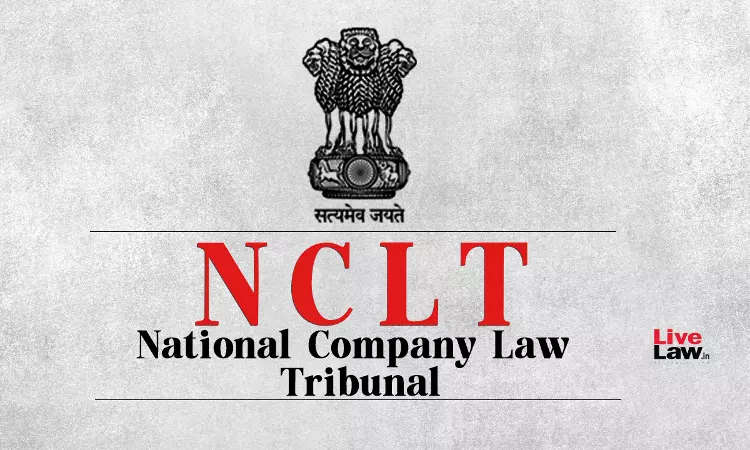Date Of Default To Be Assessed For Each Invoice For At Least 3 Years Preceding The Filing Date; NCLT Mumbai
Sachika Vij
4 Sept 2023 10:15 AM IST

Next Story
4 Sept 2023 10:15 AM IST
The National Company Law Tribunal (“NCLT”), Mumbai Bench-IV comprising of Mr. Prabhat Kumar (Technical Member) and Mr. Kishore Vemulapalli (Judicial Member) adjudicating a petition filed in Laxmi Trading Corporation v. Hindustan Construction Company Ltd. dismissed the petition to initiate Corporate Insolvency Resolution Process (CIRP) against Hindustan Construction Company...
